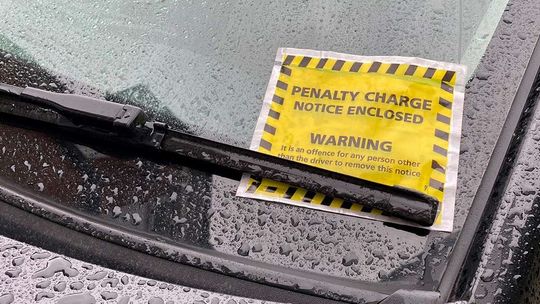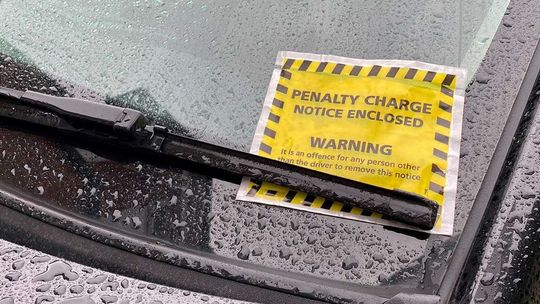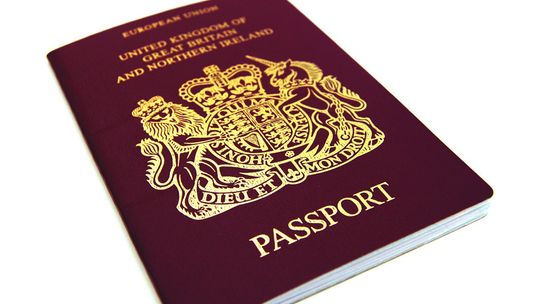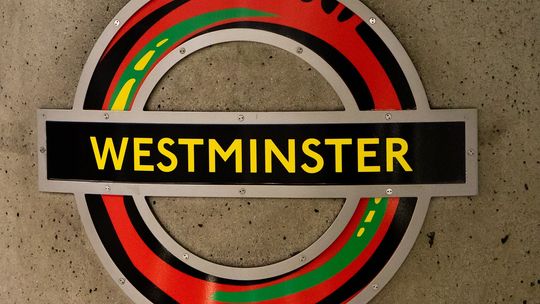You cannot have failed to notice the headlines surrounding medical tourism in recent months. Articles on dental patients who have saved thousands of pounds by travelling to Poland are a regular feature, often in tandem with reports of the NHS’s dwindling dental provision. You are probably thinking that such cases are rare, after all jetting off to another country does seem like an extreme measure, however the figures speak for themselves: It is estimated that 50,000 patients from the United Kingdom travel abroad for dental or medical treatment each year (source: International Passenger Survey 2005), and this number is set to rise as more and more patients consider their options overseas.
Why are so many patients packing their bags and going abroad for their treatment? The availability of certain treatments such as dentistry and fertility treatment on the NHS is somewhat limited, yet the alternative of going to a private clinic in the United Kingdom is prohibitively expensive for many patients. Patients seeking treatment in Central Europe, for instance, can certainly get better value for money without compromising on the standard of their care, and with careful research they may even find themselves in a consultation with one of Europe’s leading surgeons or specialists.
In fact, Poland is emerging as a popular destination for British patients seeking dental and medical treatment. This is certainly driven by the fact that Polish doctors and dentists enjoy an excellent reputation for their expertise and skill, yet many procedures cost 60-70% less at private hospitals in Poland than in the United Kingdom. Even once the cost of flights and accommodation has been taken into consideration, travelling to Poland for dental or medical treatment makes sense, especially when faced with a medical bill that runs to several thousand pounds in the UK.
In 2006 approximately GBP 42 million (PLN 200 million) was spent on healthcare by foreigners visiting Poland (source: Gazeta Prawna). Initially, it was mainly German patients living near the Polish border, who would drive into cities such as Szczecin for dental treatment and minor aesthetic procedures, who accounted for a large number of the so-called “medical tourists”. Yet as the number of low-cost airlines expand their routes, connecting cities across the United Kingdom with an ever increasing list of destinations in Poland, there has never been a more affordable, nor convenient time for patients to travel to Poland – a return flight from Stansted to Warsaw can sometimes work out cheaper than a single train fare from London to Leeds!
It’s not only flights that are affordable – major cities such as Warsaw offer a range of hotel accommodation to suit all budgets. Spa resorts not only offer excellent value for money, they make the perfect place to recover from dental or medical treatment.
Decisions surrounding dental or medical treatment should never be taken lightly – whether at home or abroad, however, patients considering Poland as a destination for their procedure can choose from many world-class private clinics, equipped with the latest technologies and staffed by English-speaking professionals.
While the expertise will of course depend on the experience and skill of the individual dentist or surgeon, standards in Poland are generally very high with most clinics adhering to EU standards and holding internationally recognised certificates such as ISO 9001. All dental and medical professionals in Poland are subject to ongoing training and development which ensures that standards are maintained at the highest level.
Whether your procedure involves breast implants or dental implants or indeed any other product, you will be reassured to discover that the same branded materials that are used in the United Kingdom are also widely used in Poland. These typically carry guarantees for 5-10 years.
It is true to say that patients who are considering a procedure abroad tend to be much more thorough in their research than perhaps they would be if they were having treatment in their home town. At StatMedica, we encourage the patient to ask as many questions as they feel necessary before committing to any treatment – whether they are asking about the type of anaesthetic that is used, or wondering whether their hotel room will have tea and coffee making facilities.
While the surgeon can make an initial assessment based on e-mails, telephone conversations and photographs, patients are often encouraged to travel to Poland for an initial consultation. This can usually be done over a weekend, and gives the doctor an opportunity to provide a thorough consultation. More importantly, it gives the patient an opportunity to meet the doctor in person, visit the clinic and generally feel more reassured when they return for their procedure. When you consider the significant cost savings that are made in the long run, you can definitely count this as a city break that pays for itself.
When it comes to medical tourism, the most commonly asked question is “what happens if something goes wrong?” This depends of course on the individual clinic and its policies, however clinics that enjoy an outstanding reputation, such as those that StatMedica works with, guarantee their procedures. Instances of complications are rare – after all, something could easily go wrong at home in the United Kingdom as well as anywhere else in the world, although it is important for the patient to make the doctor aware of any problems while still in Poland. It is also crucial that the patient co-operates with the doctor and follows all aftercare advice in order to minimise the chance of anything going wrong.
It would be a great shame if you were to travel to Poland and not see anything of what is arguably one of the most fascinating countries in Europe. Depending on your treatment, you may not be in the mood to pursue a full schedule of sight-seeing. It is however worth taking some time out to enjoy a coffee and a cake in a charming market square, take a gentle stroll around historic castles and parks and shop for gorgeous pieces of amber jewellery. Or you may wish to spend a couple of extra days relaxing at a spa resort.
One of the most pleasurable aspects of working with patients travelling to Poland is calling them when they return to the United Kingdom following their treatment, and hearing them talk about how much they enjoyed staying in Poland. Many talk about returning for a holiday.
While travelling to Poland may require some extra planning in terms of researching your options and arranging flights and accommodation, it is certainly worthwhile for many procedures – especially when you consider the cost savings that can be made in Poland’s world class clinics. 2008 may just be the year that you join the growing numbers of patients travelling to Poland for dental and medical treatment.
Medical Tourism in Poland
Medical Tourism is a curious term. It was coined to describe the increasingly popular trend of travelling to another country for dental or medical treatment. Often misused in the media, the term Medical tourism is something of a
misnomer, hinting at patients jetting off for their procedure on a whim. Alison Hope of StatMedica, the trusted British-Polish partnership that assists patients travelling to Poland for treatment looks at the truth about medical tourism, and investigates the benefits.
- 26.08.2008 14:12 (aktualizacja 18.08.2023 03:55)
Reklama











Napisz komentarz
Komentarze